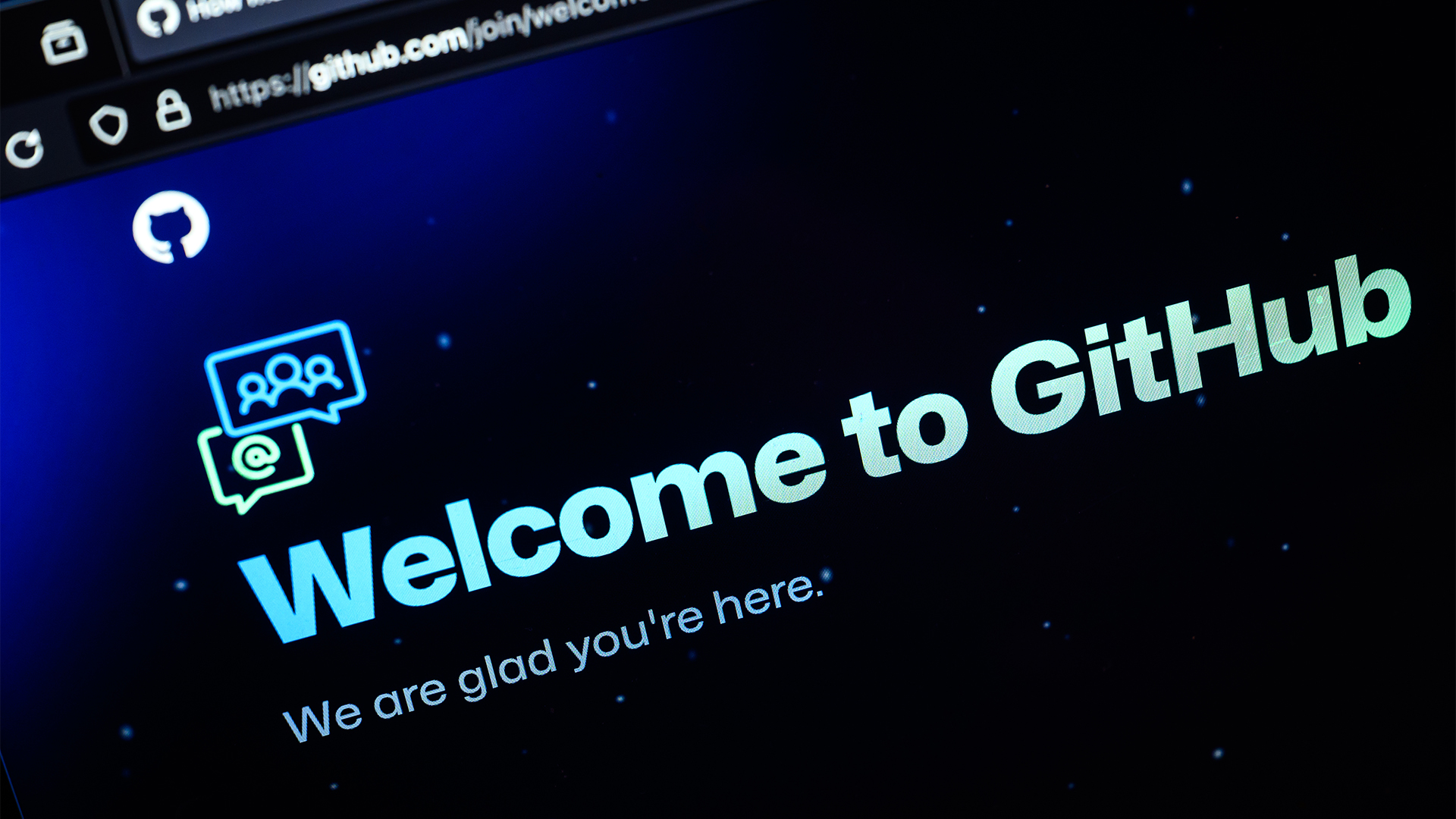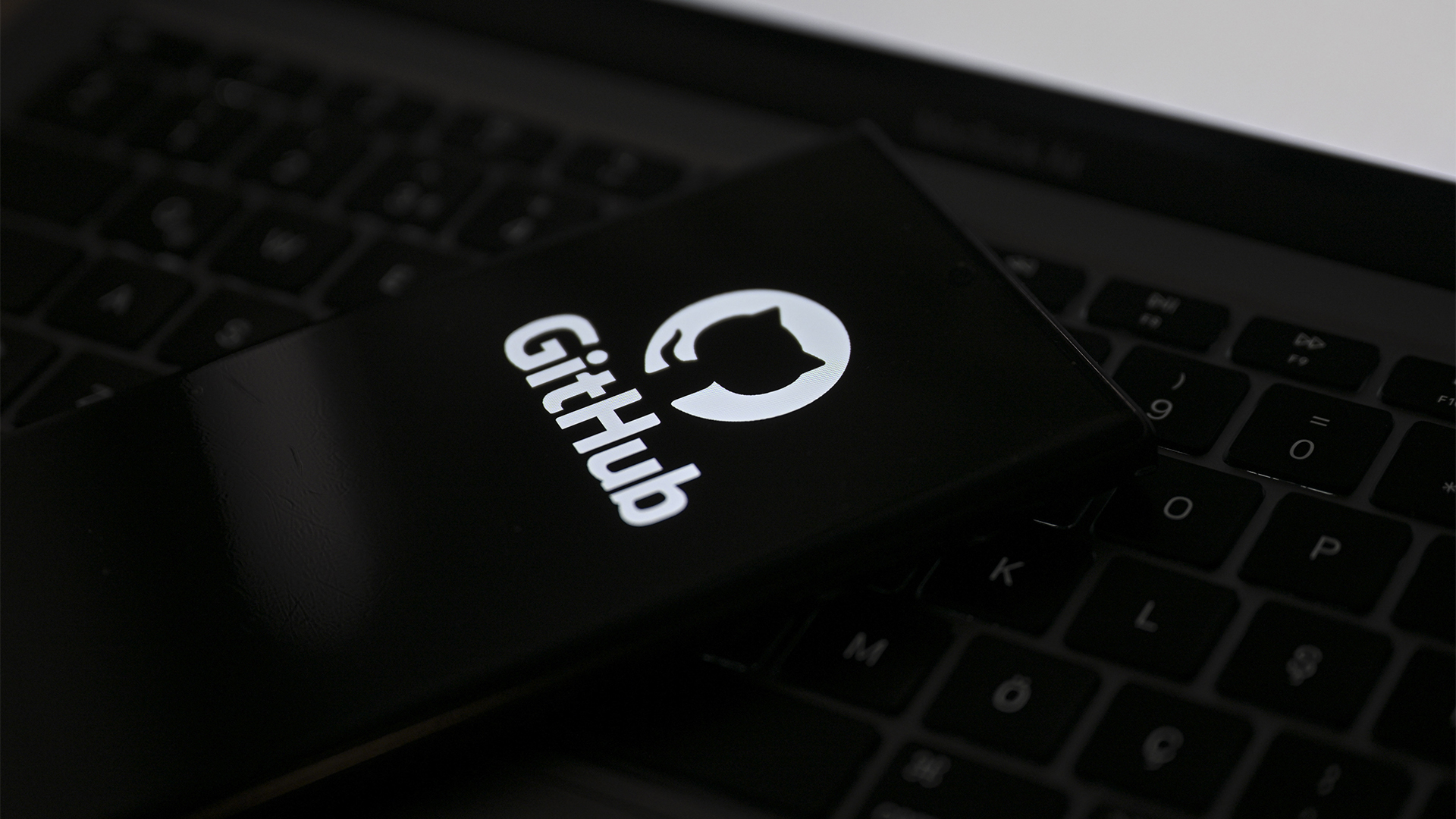Are ‘ghost engineers’ stunting productivity in software development? Researchers claim nearly 10% of engineers do "virtually nothing" and are a drain on enterprises
The study used an algorithm to assess the amount of work being done by software engineers at hundreds of firms


Just under a tenth (9.5%) of software engineers do almost no work, according to new research from academics at Stanford University.
One researcher, Yegor Denisov-Blanch, posted the findings to his X account, dubbing the staff who work less than 10% as hard as the median engineer as ‘ghost’ engineers.
These engineers do “virtually nothing,” Denisov-Blanch said, and it’s possible that some may even have multiple jobs.
The report used data from more than 50,000 engineers at hundreds of different companies. According to the paper itself, the researchers collected this data specifically from private commercial repositories and public repositories.
The research was undertaken to help automate the code review process via the use of an algorithm developed by the researchers. It was inspired, in part, by the demand for efficient software development practices.
“Manual code reviews are an essential but time-consuming part of software development, often leading reviewers to prioritize technical issues while skipping valuable assessments,” the researchers said.
“This paper presents an algorithmic model that automates aspects of code review typically avoided due to their complexity or subjectivity, such as assessing coding time, implementation time, and code complexity,” they added.
Get the ITPro daily newsletter
Sign up today and you will receive a free copy of our Future Focus 2025 report - the leading guidance on AI, cybersecurity and other IT challenges as per 700+ senior executives
The research ultimately concluded that its algorithmic approach could offer a more effective and more comprehensive method for monitoring the productivity among engineers.
If engineers are slacking, then why is burnout rampant?
The claim that almost 10% of engineers aren’t pulling their weight appears to clash with the reality of life for developers and engineers across the industry, many of whom are overworked, stressed, and burned out.
Research from JetBrains found that nearly half (47%) of developers are now turning to mental and physical health applications to help cope with the onset of burnout from their roles.
Just over half of developers said that burnout is the primary reason for their colleagues to leave jobs, according to research from software firm Harness. Other research from Harness said high levels of burnout are causing businesses to spend as much as $1 trillion annually, underlining the significant strain placed on enterprises due to deteriorating wellbeing.
With 23% of developers reportedly working overtime for at least 10 days a month, there is evidently a large part of the developer workforce that is operating very differently from the ghost engineers detailed by Stanford researchers.
RELATED WHITEPAPER

But workforce slackers are a genuine problem, with research showing that some workers do fake productivity levels
A recent study from Asana found that a significant portion of workers across a range of industries engage in what’s known as ‘productivity theater’, whereby they perform tasks to give the illusion of appearing productive.
Even if a small portion of a broader workforce is unproductive, this can have serious issues down the line. Asana's research showed this trend has a major impact on workforce efficiency, places a heavier burden on colleagues, and thereby contributes to heightened stress levels among productive workers
Developer productivity in the spotlight
Productivity among software developers, like other roles, has long been under scrutiny, and in recent years organizations have ramped up the use of AI tools to help drive it up.
Research from GitHub revealed that over 97% of developers have used AI coding tools in their workflow, with many noting they deliver more secure software and better code quality.
Alternative research from the firm - focusing specifically on its own GitHub Copilot tool - showed developers using the coding assistant completed tasks 55% faster than devs operating without the tool.
Meanwhile, similar research from Stack Overflow found AI coding tools are also helping to drive developer productivity.
In a recent survey, 71% of respondents cited the increased speed of code learning as a major benefit of AI. 61% of established professional developers also said this was a benefit.

George Fitzmaurice is a former Staff Writer at ITPro and ChannelPro, with a particular interest in AI regulation, data legislation, and market development. After graduating from the University of Oxford with a degree in English Language and Literature, he undertook an internship at the New Statesman before starting at ITPro. Outside of the office, George is both an aspiring musician and an avid reader.
-
 ITPro NAB Best of Show 2025 Awards winners unveiled
ITPro NAB Best of Show 2025 Awards winners unveiledThe best of the best have received accolades for their innovation at this year's NAB show in Las Vegas...
By ITPro Published
-
 A new Neptune RAT variant is spreading like wildfire
A new Neptune RAT variant is spreading like wildfireNews Neptune RAT can hijack Windows PCs and steal passwords – and it's spreading fast
By Emma Woollacott Published
-
 Turns out AI isn't that popular at work – just 4% of workers use the technology in the majority of daily tasks, but developers are among the top early adopters
Turns out AI isn't that popular at work – just 4% of workers use the technology in the majority of daily tasks, but developers are among the top early adoptersNews Research from Anthropic shows that while AI adoption is sluggish in most professions, software developers and writers are very keen.
By Nicole Kobie Published
-
 GitHub's new 'Agent Mode' feature lets AI take the reins for developers
GitHub's new 'Agent Mode' feature lets AI take the reins for developersNews GitHub has unveiled the launch of 'Agent Mode' - a new agentic AI feature aimed at automating developer activities.
By Ross Kelly Published
-
 GitHub just launched a new free tier for its Copilot coding assistant – but only for a select group of developers
GitHub just launched a new free tier for its Copilot coding assistant – but only for a select group of developersNews Limited access to GitHub Copilot in VS Code is now available free of charge
By Nicole Kobie Published
-
 GitHub says Copilot improves code quality – but are AI coding tools actually producing results for developers?
GitHub says Copilot improves code quality – but are AI coding tools actually producing results for developers?News Questions over the true impact AI coding tools continue to linger
By Solomon Klappholz Published
-
 Python just brushed past JavaScript to become the most popular programming language on GitHub – and a key factor is that AI developers love it
Python just brushed past JavaScript to become the most popular programming language on GitHub – and a key factor is that AI developers love itNews The meteoric rise of Python shows no sign of stopping
By Nicole Kobie Published
-
 “There is no one model to rule every scenario”: GitHub will now let developers use AI models from Anthropic, Google, and OpenAI
“There is no one model to rule every scenario”: GitHub will now let developers use AI models from Anthropic, Google, and OpenAINews Devs will be given access to a broader array of AI models on GitHub – but there's more in store for users
By Emma Woollacott Published
-
 Not all software developers are sold on AI coding tools – while productivity gains are welcomed, over a third are concerned about AI-generated code quality
Not all software developers are sold on AI coding tools – while productivity gains are welcomed, over a third are concerned about AI-generated code qualityNews Many software developers have concerns over the quality and security of AI-generated code despite marked productivity boosts
By George Fitzmaurice Last updated
-
 New GitHub rules mean users can store code and repository data in the EU
New GitHub rules mean users can store code and repository data in the EUNews The offering from GitHub appears to be a development-focused spin on the sovereign cloud trend
By George Fitzmaurice Published